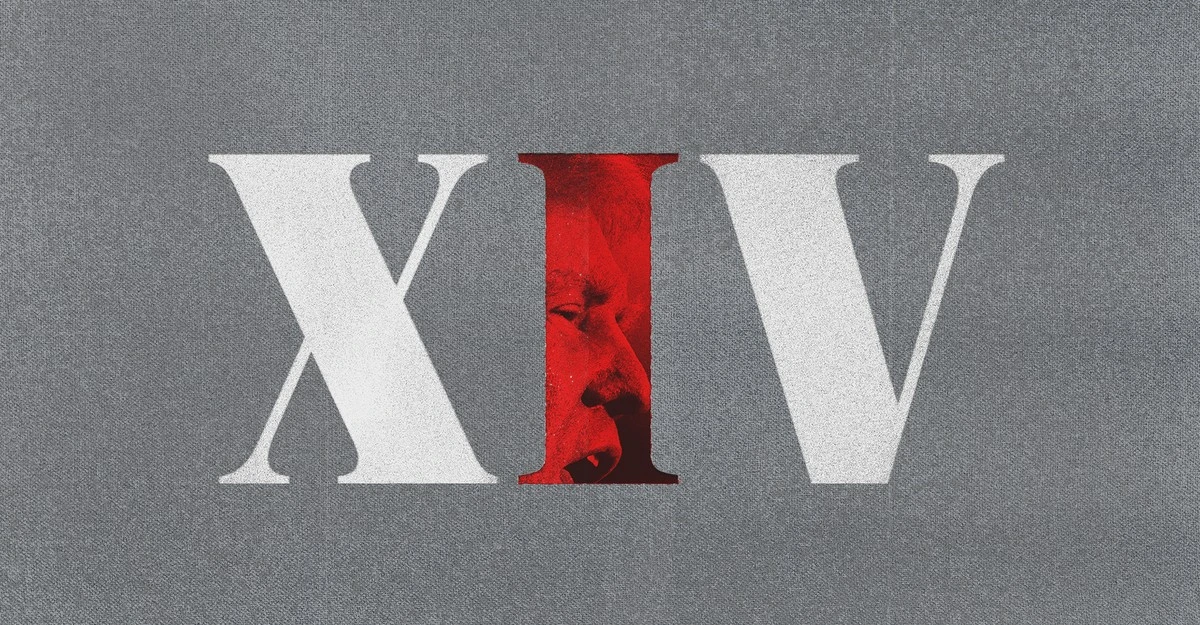As the Colorado Supreme Court wrote, January 6 meets the bar for insurrection “under any viable definition” of the term. The legal scholar Mark Graber, who has closely studied the Fourteenth Amendment’s history, argues that “insurrection” should be understood broadly—an act of organized resistance to government authority motivated by a “public purpose.” That certainly describes the Capitol riot, in which a violent mob attacked law enforcement and threatened members of Congress and the vice president in order to block the rightful counting of the electoral vote and illegally secure the victory of the losing candidate. The historical record also suggests that the amendment’s requirement that a prospective officeholder must have “engaged in insurrection” should also be understood broadly—meaning that Trump’s speech on the Ellipse that morning and his encouragement of the rioters while they smashed their way through the Capitol more than fit the bill.



That didn’t have to happen to disqualify Confederates. The Fulton Co., case wouldn’t disqualify Trump, regardless.
Never mind that there has already been separate findings of fact that Jan 6th was an insurrection & that Trump aided & abetted it.
Rule of law would be following the Constitution.
The actual language of the 14th Amendment is self-executing & some of the plainest language in the entire document.
Congress must vote to remove the disability, not Congress must vote to remove the officer.